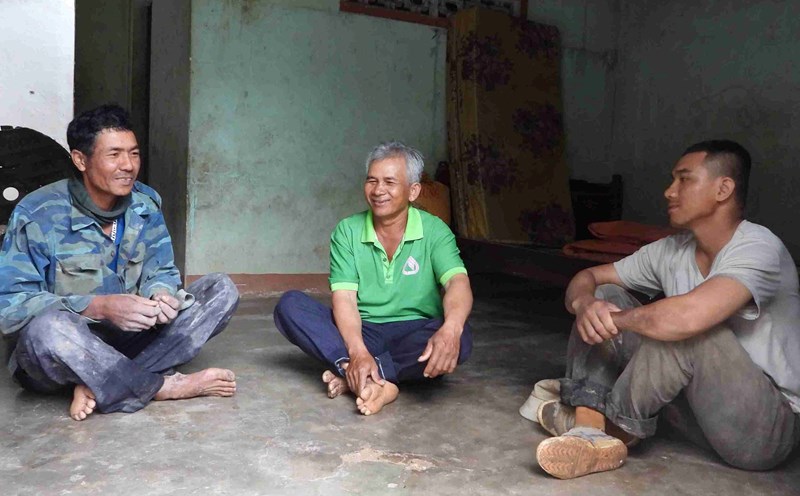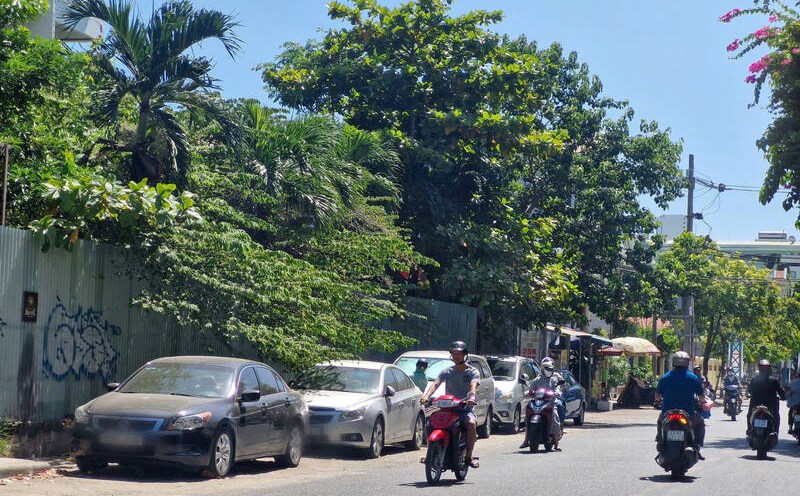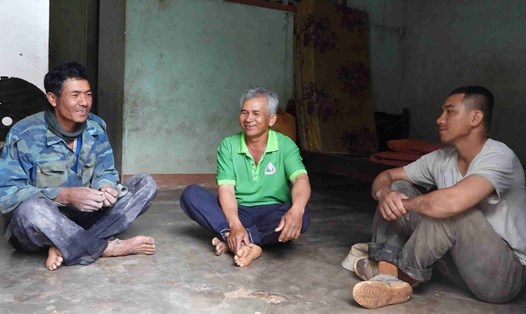On the morning of August 12, in Hanoi, the Ministry of Ethnic Minorities and Religions held a national conference to evaluate ethnic and religious work after the restructuring of the apparatus and implementation of the two-level local government model.
Member of the Party Central Committee, Minister of Ethnic Minorities and Religions Dao Ngoc Dung chaired the conference. Also attending were Deputy Ministers: Ho Van Nien, Y Vinh Tour, Y Thong, Nong Thi Ha, Nguyen Hai Trung.
Speaking at the Conference, Minister Dao Ngoc Dung emphasized that the conference is an important occasion to comprehensively review the situation of ethnic and religious work after switching to a two-level model with other scale, content and methods of operation first.
Mr. Dao Ngoc Dung acknowledged that ethnic and religious work has contributed to the overall growth of the country, while implementing many key tasks such as institution building, reforming administrative procedures, decentralizing authority, accelerating the National Target Program for Socio-Economic Development in Ethnic Minority Areas (DTTS) and Mountainous Areas, eliminating temporary houses, and successfully organizing the 2025 United Nations fair.
According to the report of Mr. Nguyen Cao Thinh - Chief of Office of the Ministry of Ethnic Minorities and Religions, the Ministry has reviewed 115 competencies, of which 33 competencies are decentralized, delegated and determined, 37 competencies are exercised by central agencies, 45 competencies are under local governments. The Ministry also issued 6 Circulars guiding the operation of the two-level model and established a Working Group to support localities in removing difficulties.
The results show that the local government apparatus at both levels quickly took a turn in order, most units have issued working regulations, completing the handover of documents. 28/34 provinces and cities have established the Department of Ethnic Minorities and Religions; administrative procedures in the field of beliefs and religions are made public, transparent, and resolved on time, creating satisfaction for dignitaries and officials. The situation in ethnic minority and mountainous areas is stable, religious and belief activities are vibrant and comply with the law, and relations between the government and religious organizations are strengthened.
In addition, difficulties still exist such as lack of staff in some departments, commune-level cadres are mainly part-time and do not have a deep understanding of policies; facilities in remote areas are still degraded; the lack of specialized departments at the commune level makes it difficult to monitor and handle religious incidents and manage ethnic data.
The conference is also a forum for leaders of local departments and branches to share experiences and propose solutions to improve the effectiveness of state management of ethnic groups and religions in the context of operating the two-level local government model.











